Grade 4: Ages 8-9
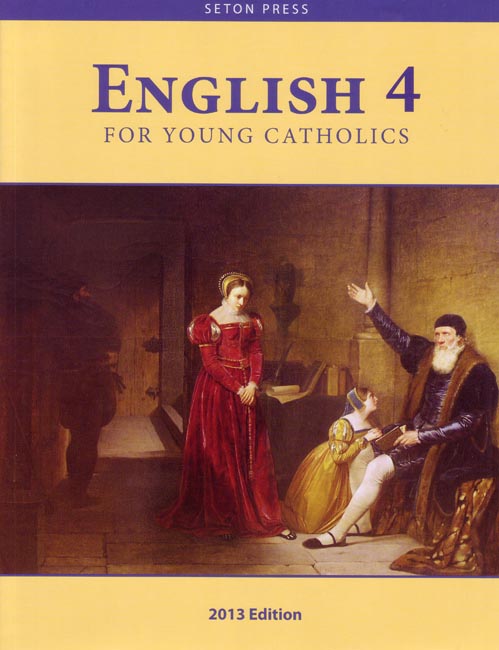
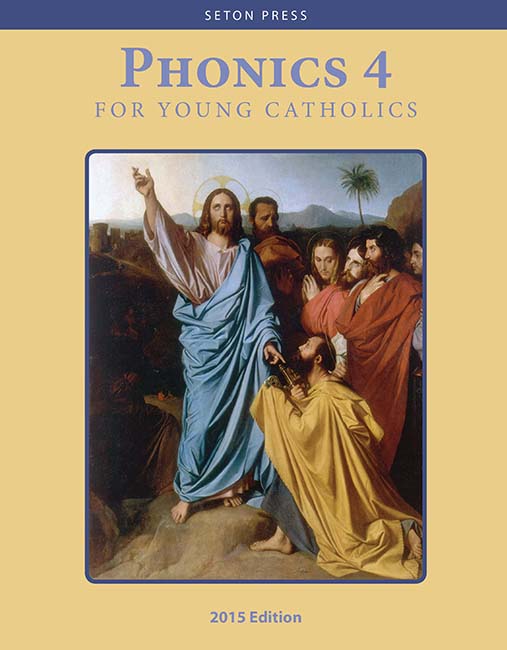
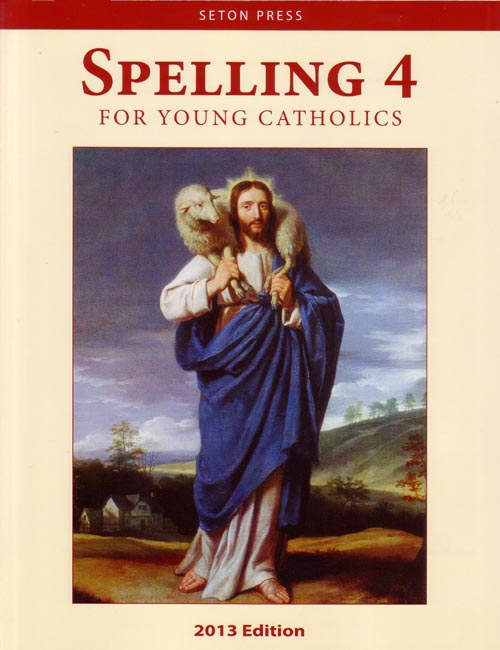
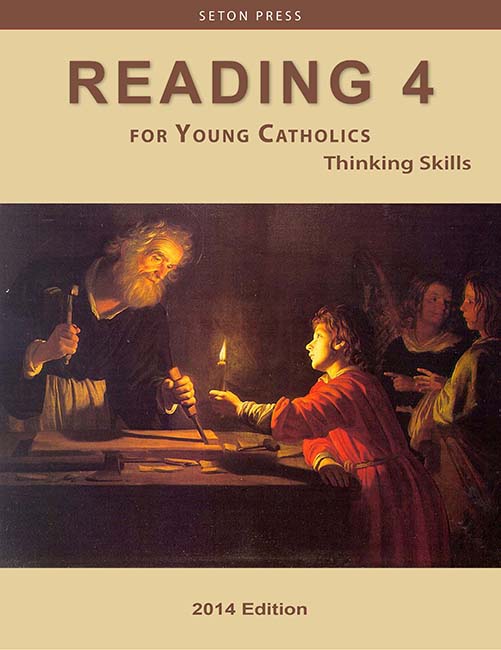
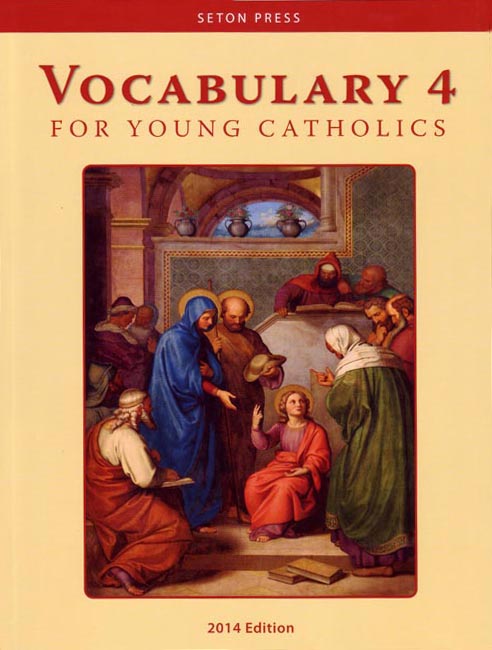
In Grade 4 students have practices in word study, sentence types, parts of speech, diagramming, punctuation, and capitalization. Letter writing and dictionary/library skills are also studied. The student’s skills in paragraph composition are developed and put into practice in writing assignments. While studying grammar, students learn about the lives of many of the English martyrs.
Fourth graders improve their phonics skills by recognizing blends, consonant digraphs, vowel digraphs, diphthongs, and silent letters. They will decode words by analyzing prefixes, roots, and suffixes. The goal of this course is to strengthen the student’s reading ability.
For the reading skill the transition from third to fourth grade is important. Students have moved beyond learning to read; they are reading to learn. They continue the Faith and Freedom series with This Is Our Land and A Book of Gladness. They use the Reading 4 for Young Catholics: Comprehension and Reading 4 for Young Catholics: Thinking Skills workbooks to learn comprehension and critical thinking. They begin to complete book reports. The book report process is broken down into steps: gathering information, collecting examples to support the topic sentence, creating an outline, and writing a four-paragraph essay on the book. For the first two book reports, the opening paragraph and the topic sentences of the body paragraphs are provided. Students write their own opening paragraphs and topic sentences for the last two book reports.
For spelling, students use Spelling 4 for Young Catholics. They read their spelling words in 36 lessons covering Old Testament Bible stories, then learn and review specific spelling rules. They study syllabication and alphabetizing as well as “Sort by Spelling,” “Definitions,” “Missing Words,” and “Story Time” exercises.
Vocabulary 4 for Young Catholics teaches students 240 new words to increase their vocabulary. The students begin each of the twenty-four lessons by defining the new words. Then, they are asked to use the words properly in fill-in-the-blank sentences. Many of the sentences are specifically Catholic or patriotic in the content. Each chapter concludes with a crossword puzzle, where the student again uses the newly learned vocabulary.

![STELIZ1[1] STELIZ1[1]](https://setonschool.pl/wp-content/uploads/elementor/thumbs/ST20ELIZ2011-e1540245727122-nxyrjh0hven4plqynvdyo8pstjjpcmnjky44v35714.jpg)


